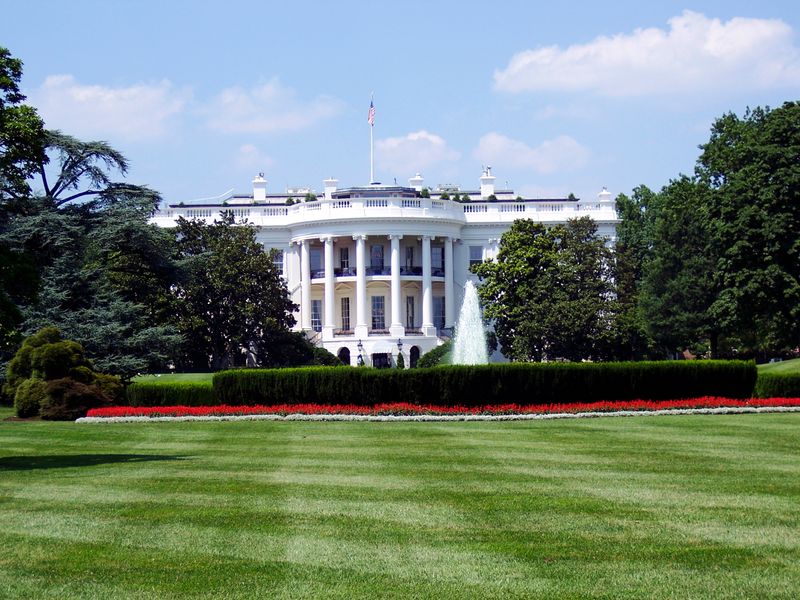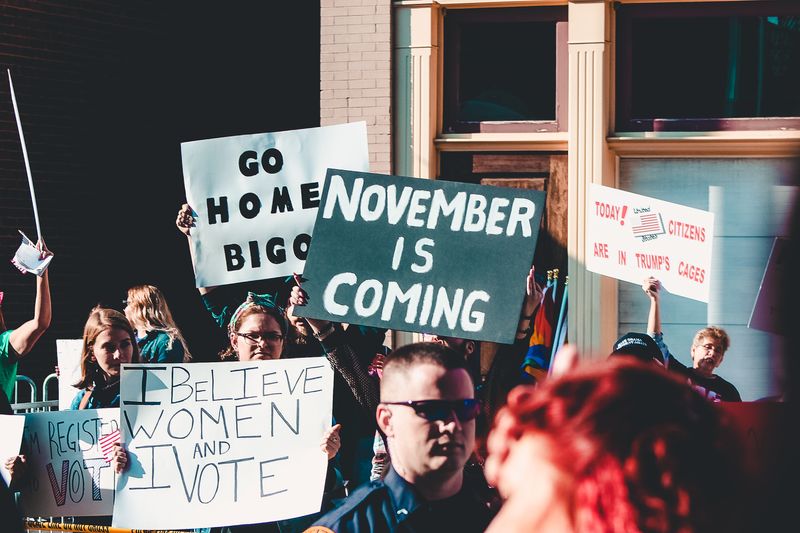The Failed Attempt to Censure Rep. Adam Schiff: A Partisan Battle Unveiled
The House of Representatives voted down a resolution on Wednesday to censure Rep. Adam Schiff (D-Calif.), a prominent figure in the controversial investigations into the Trump campaign’s alleged collusion with Russia during the 2016 election. The resolution, introduced by Rep. Anna Paulina Luna (R-Fla.), aimed to reprimand Schiff for his role in promoting the Steele dossier and his allegations against former President Trump.
The Context
The timing of this push to censure Schiff is notable, given that former President Trump was arrested just a day prior on charges related to his handling of classified documents. While the resolution cited Schiff’s allegations of collusion and his promotion of the Steele dossier, it also proposed a hefty fine of $16 million, half the cost of former special counsel Robert Mueller’s investigation into Trump.
Despite Republican leadership’s support for the resolution, it ultimately failed to gain traction. The motion to table the resolution was passed, with 20 House Republicans voting alongside all Democrats present to defeat the measure. Five Democrats on the House Ethics Committee voted “present,” as did Reps. George Santos (R-N.Y.) and Darrell Issa (R-Calif.).
Republican Strategy and Intrigues
Reports suggest that while Republican leadership backed the resolution, they did not actively whip votes for it. This raises questions about the party’s strategy and whether they believed they had enough support for it to pass. The resolution’s failure highlights the deep divisions within the Republican Party, with some members aligning with party leadership while others choose to take a different stance.
An intriguing aspect of the censure resolution is its unintended consequence of boosting fundraising for Schiff’s Senate campaign. Schiff used the censure attempt to rally his supporters and sent out fundraising tweets and emails emphasizing the need for financial support in the face of these attacks. It is unclear whether this boost in fundraising will have a significant impact on Schiff’s campaign, but it highlights the political implications of such partisan battles.
Philosophical Considerations
This failed attempt to censure Schiff raises larger questions about the nature of partisan politics and the role of accountability in a democracy. While it is important to hold public officials accountable for their actions, it is equally important to ensure that the mechanisms for accountability are fair, transparent, and devoid of partisan motivations.
The allegations against Schiff in the resolution were centered around his conduct during a highly controversial investigation. However, the punitive nature of the proposed fine, amounting to half the cost of Mueller’s investigation, raises concerns about the underlying motivations of those who supported the resolution. Complicating matters further is the fact that the fine would have to be levied by the Ethics Committee and could potentially be paid for using campaign funds.
A Lesson in Selective Accountability
The attempt to censure Schiff must be viewed in the broader context of recent attempts by both Democrats and Republicans to hold each other accountable for perceived wrongdoings. The resolution evokes memories of former House Speaker Nancy Pelosi’s efforts to enforce a mask mandate, through which she imposed salary reductions on members of Congress who refused to comply.
The comparisons drawn by Rep. Thomas Massie (R-Ky.), who is currently litigating a federal lawsuit against Pelosi over the salary reduction, highlight the potential for selective accountability. Members of both parties have been quick to condemn their opponents for perceived misconduct, yet they often overlook or justify similar actions within their own ranks.
The Path Forward
Partisan battles like the attempt to censure Schiff serve to further polarize an already divided political landscape. Americans are yearning for leaders who can rise above partisan bickering and focus on addressing the pressing issues facing the nation.
It is crucial for both parties to prioritize bipartisan cooperation, transparency, and the pursuit of truth. Rather than engaging in political point-scoring, legislators should strive to strengthen the institutions of democracy and restore public trust in the integrity of the political process.
Accountability should not be a selective weapon used to target political opponents, but rather a mechanism designed to ensure ethical conduct and uphold the public’s trust. It is essential for citizens to remain vigilant and demand accountability from their elected representatives, regardless of party affiliation.
If we are to rise above the current state of partisan gridlock, we must remember that our democracy is built on the foundation of mutual respect, compromise, and the pursuit of the common good.

<< photo by João Marcelo Martins >>
The image is for illustrative purposes only and does not depict the actual situation.




